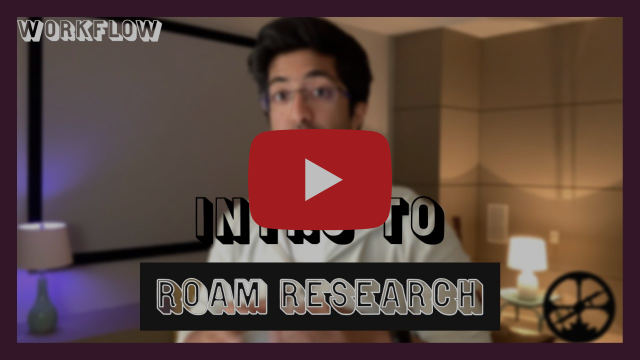How Will You Measure Your Life
Hey everybody,
I've been listening to Clayton Christensen's book How Will You Measure Your Life and I must say it's the best, most-striking book I've read in a while. It's so simple, profound, and deeply loaded with corporate and life examples that it gives you the tools for creating your own life measurement metric.
I will send my notes and a short book summary at some point, but this week, let's think a little bit about this question - How Will We Measure Our Life? I'll start it off and share a framework.
Your life is a C-Corp publicly listed company — Let's call it "<your name> Life Inc."
You are the CEO of this company.
You, however, don't own 100% shares of your company. You have other stakeholders (your parents, friends, family.)
These stakeholders make up for a board of 7 directors that you constantly report to every quarter (ie 7 core directors out of 7 billion people equals 0.000000001% of the population.)
(Think of the board as your closest people whom you trust and deeply respect.)
Your job, as CEO, is as follows:
First, answer two questions. You are the CEO, so it's your full discretion to answer these questions in whatever way you like:
What do you want from Your Life Inc?
How do you want to get to that goal?
Second, communicate your responses to your Board, get their views, and try to tweak your answers a bit so that each of the 7 directors is happy.
It's incredibly important that these 7 directors are happy or else you will be fired from your job. (It's not super important whether the rest of the world is happy or not, though.)
What matters is the happiness of these 7 people because they care for you and they are invested in you.
Third, prepare a contingency plan for how you will deal with threats and opportunities that arise as you make progress.
Finally, act on this plan.
As I think about life in this way, I feel the meta principle is that you should treat your life as a business. Having a dispassionate, detached, and an executive-oriented mindset focused on maximizing returns will create large, nonlinear returns.
I hope this mini framework was helpful to stir some thoughts. Your job, as CEO, is still incomplete, though. What you have to now tell your stakeholders is the measurement metric, basis which they will evaluate your performance. I suggest you start thinking about it now.
Until next week,
Abhinav
PS: If you enjoy Weekly Insights, consider sharing with a friend and asking them to sign up here. :)
Channel
Starting a new series of in-depth analysis and workflow of Roam Research, so far the ideal productivity and note-taking tool. In this video, I share my lessons and mistakes after using Roam for 3 months. (Watch this video because I added some banger background music.)

Podcast
Get the latest episode here on the website, or Spotify or Google.
In this episode, Abhi catches up with Caleb, his friend from Berkeley. As a Mech Eng student from SoCal, Caleb loves learning a variety of things - Hindi, guitar, philosophy, culture, and art. We talk about why Caleb loves to learn things for their own sake, what are his motivations, why dabbling in different things is gratifying, and what, even, is positive change. Among other things, Caleb also tries his hand at Hindi (listen to the 18th minute)
Our Commonplace Book
As you think about the LMM, I'll leave you with the most fantabulous article on thinking of your life as a startup/why not to start a startup. Resurfacing Paul Graham's classic article here.